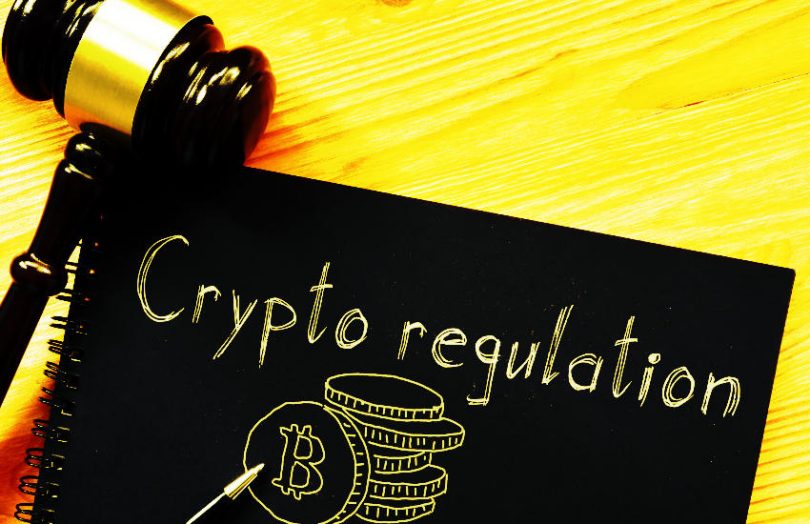Today the Financial Stability Board (FSB) released updated versions of its G20 high level recommendations for regulating crypto-assets and global stablecoins. It updated three areas of its proposals, including for crypto custody, conflicts of interest and cross border regulator cooperation. The international body continues to be concerned about the interconnectedness between traditional finance (TradFi) and the crypto sector.
Regarding interlinking with TradFi, it pointed to the shuttering of Silvergate bank as a result of mass withdrawals by crypto firms without mentioning names. In the case of Signature it said crypto “may have contributed to the failure.” It also mentioned the temporary de-pegging of a stablecoin following a regional bank failure, a reference to USDC reserves held at Silicon Valley Bank.
Focus of crypto, stablecoin recommendations
Following these and ongoing revelations regarding the collapse of FTX, the updated recommendations tighten three areas.
The first focus is crypto custody, where service providers must avoid commingling client assets with their own funds. Specifically, ownership rights should be safeguarded, including in the case of the insolvency of the service provider. Unfortunately, the last year or so has demonstrated the opposite.
Secondly, we’ve already seen several examples conflicts of interest where a service provider combines multiple functions that would usually be in separate legal entities in TradFi. More than that, the entities lack transparency and may set up complex structures to finance each other. Local regulators need to institute regulation and oversight to deal with these conflicts.
The third area relates to cross border cooperation between regulators to address crypto-asset issuers and service providers migrating to lighter regulation or oversight jurisdictions. The FSB wants to see better information sharing between countries.
Banks want exclusion, unhosted wallets get attention
One of today’s publications included feedback on the crypto consultation that started last October. The definition of crypto-assets is very broad. Hence banks are keen to distinguish bank-issued tokenized deposits from crypto-assets, because they are already subject to extensive regulation. Based on today’s publications, this does not seem to have been taken on board.
The consultation explores crypto-asset risks. Two areas highlighted included substantial liquidity risks as well as wallets. Judging by the the mentions in the consultation report, wallets might be an area that will get further attention. The risk of private wallets that are not subject to regulation was one area mentioned. But unhosted wallets attracted more attention, with some respondents arguing they should not be considered as intermediaries.
Meanwhile, the FSB will combine the latest recommendations with work from the IMF and deliver it to the G20 in September.






